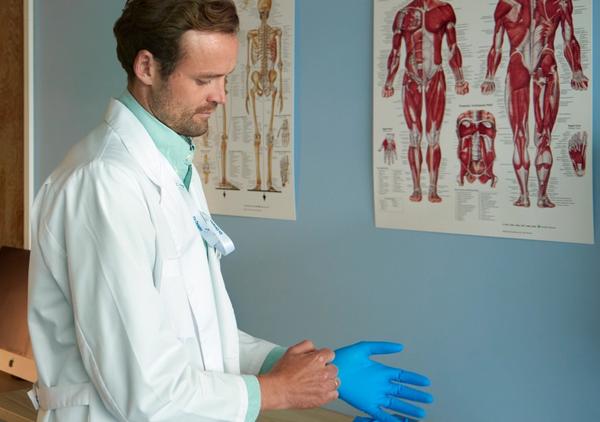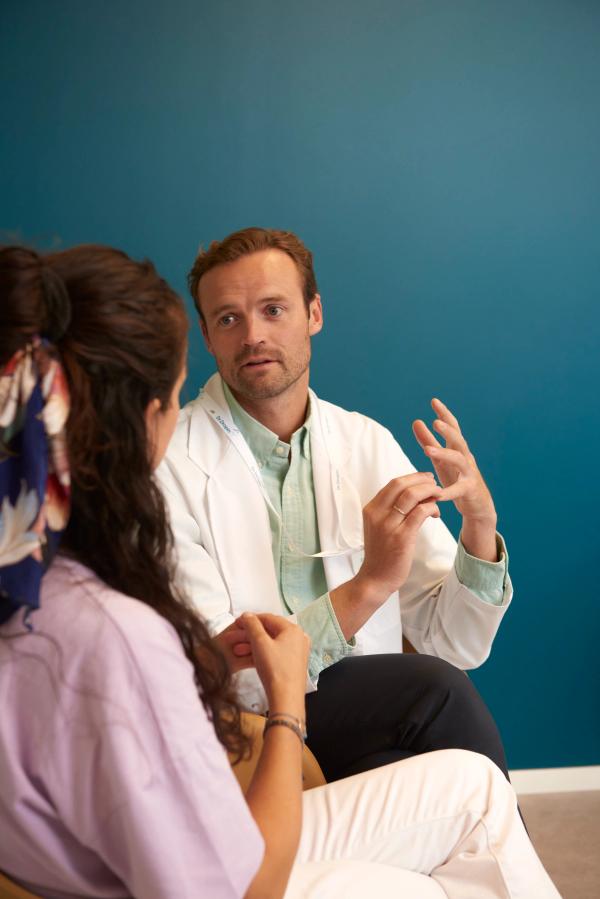Chlamydia
Chlamydia - symptoms, examination, testing, test results and complications
Chlamydia is an infection caused by the sexually transmitted bacterium Chlamydia trachomatis. Chlamydia infection is a sexually transmitted disease. It can also be transmitted directly from fingers or objects. It is the most common bacterial venereal disease among young people in Norway, where it is estimated that around 3-6% of all young men and women under the age of 25 have the infection. The bacterium Chlamydia trachomatis primarily attacks the lining of the urethra and cervical canal, but can also cause infection anal and in the mouth. From the time you become infected until it is possible to detect the infection, it takes about 5-14 days.
If you have had unprotected sex or are aware of symptoms, it is recommended that you get tested. In addition to tests in the clinic, we now offer home delivery of tests for chlamydia and gonorrhoea for NOK 350,–
Order a test





